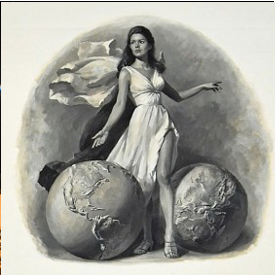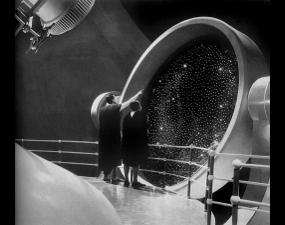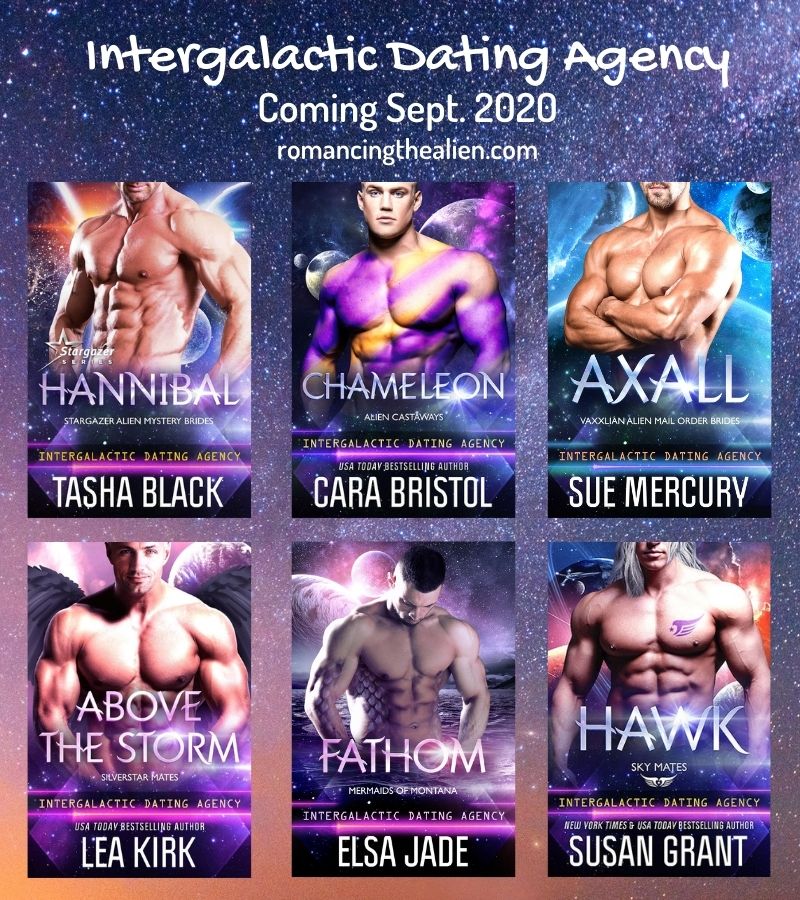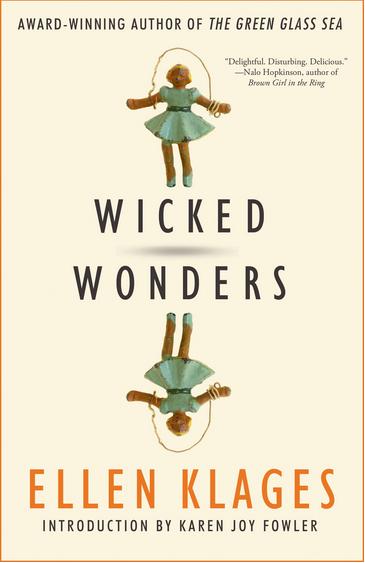Well, it certainly has seemed that way this week in much of the northern hemisphere. Arctic air and winter weather has found itself in places that it has no right being in. The reasons for that are complicated and technical and I am not going into any of them here. Neither am I going to talk about any holidays. I’ve done plenty of that already in years past.
So let’s talk about ice planets. Science fiction if rife with planets that have a single-biome, either desert, jungle or arctic waste. The cold planet is one that we have had more direct experience with as our old Earth has lived through at least one Ice Age and probably more. There are frozen planets in our own solar system. Several of the moons of Jupiter and Saturn are frozen-over bodies. Saturn’s moon, Titan, for instance.
But in science fiction, human beings either visit or try to live on these planets and that struggle to adapt or survive provides the background for some of the best works in the genre
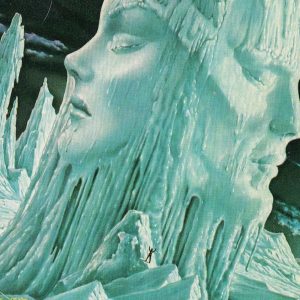 The Left Hand of Darkness by Ursula K. Le Guin. For instance. Published in 1969, it became immensely popular, and established Le Guin’s status as a major author of science fiction. The novel takes place on the perpetually frozen world of Gethen. Though not, strictly speaking, an ice world (there are brief seasons that are less frozen) the ever-present winter forms a thematic background to LeGuin’s story.
The Left Hand of Darkness by Ursula K. Le Guin. For instance. Published in 1969, it became immensely popular, and established Le Guin’s status as a major author of science fiction. The novel takes place on the perpetually frozen world of Gethen. Though not, strictly speaking, an ice world (there are brief seasons that are less frozen) the ever-present winter forms a thematic background to LeGuin’s story.
Another work on an ice world is Icerigger, a 1974 science fiction novel by Alan Dean Foster. The novel is set on the deadly frozen world of Tran-Ky-Ky.
The 1980’s saw British SF writer Brian Aldiss release his Helliconia series. Set on the Earth-like planet Helliconia, it is an epic chronicling the rise and fall of a civilization over more than a thousand years as the planet progresses through its incredibly long seasons. The winter on Helliconia lasts for five hundred years. The trilogy consists of the books Helliconia Spring (published in 1982), Helliconia Summer (1983), and Helliconia Winter (1985).
George R.R. Martin’s 1996 novel Game of Thrones introduced us to the world of the Seven Kingdoms in which season can last for hundreds of years. As that series opens the summer is ending and the great winter approaches as does the army of the undead. Martin’s works are epic fantasy rather than science fiction, but more people are familiar with them because of the highly rated HBO series.
Speaking of television (and movies), Ice planets tend to make a lot of appearances in televised science fiction. I suspect it’s due to a lack of imagination. How difficult is it to imagine a world that is frozen. Depending on where most of your audience lives, it happens once a year, so most people can relate. As I have pointed out, frozen planets are a dime a dozen in the galaxy, so it isn’t much of a stretch to imagine an ice planet.
The tricky part is trying to explain where the breathable atmosphere comes from given that no plants can grow in frozen ground.
 While I don’t expect much in the way of scientific rigour from most television SF, there is still some entertainment value to be had, no matter how cheesy your series is, and it doesn’t get much cheesier than the original Battlestar Galactica.
While I don’t expect much in the way of scientific rigour from most television SF, there is still some entertainment value to be had, no matter how cheesy your series is, and it doesn’t get much cheesier than the original Battlestar Galactica.
Battlestar Galactica‘s 1978 two-part episode “Gun on Ice Planet Zero” features a frozen asteroid on which is placed a Cylon weapon that the Galactica’s crew must destroy. The plot is mostly warmed over Len Deighton with a mission made up of prisoners who have the expertise to destroy the gun but are not trustworthy and need to be kept on the straight and narrow by the show’s main characters. It is never explained how an asteroid that is frozen over has an atmosphere that can keep humans alive, but, as I said, this is televised SF as cheesy as it gets.
Less cheesy (though not by much) Star Trek has it’s share of ice planets from Rura Penthe, home of the Klingon Penal Colony (Seen in Star Trek VI: The Undiscovered Country) , to Delta Vega, an ice planet that is home to incongruous creatures with red exoskeletons (featured in 2011’s Star Trek).
The most recognizable ice planet from SF movies is probably the planet Hoth from The Empire Strikes Back. Hoth is a planet so cold that your Tauntaun will freeze to death before it reaches the first marker. It is home to a yeti-type creature that will drag you to its cave and hang you upside down in the ice.
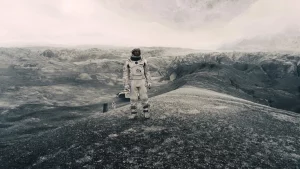 More recently we saw a frozen planet in Christopher Nolan’s 2014 film Interstellar. Halfway through the (very long) film the main characters played by Matthew McConaughey and Anne Hathaway, rescue an astronaut (Matt Damon) who has landed on the frozen planet. Sensibly enough he goes into hibernation while awaiting rescue, and honestly, who can blame him? When the weather gets that cold I would rather sleep through it. However, too long in hibernation drives him insane. He ends up killing a fellow astronaut, stealing a ship which he destroys, along with himself, while trying to dock with the Endurance in orbit.
More recently we saw a frozen planet in Christopher Nolan’s 2014 film Interstellar. Halfway through the (very long) film the main characters played by Matthew McConaughey and Anne Hathaway, rescue an astronaut (Matt Damon) who has landed on the frozen planet. Sensibly enough he goes into hibernation while awaiting rescue, and honestly, who can blame him? When the weather gets that cold I would rather sleep through it. However, too long in hibernation drives him insane. He ends up killing a fellow astronaut, stealing a ship which he destroys, along with himself, while trying to dock with the Endurance in orbit.
I’m sure there are lots of other ice worlds in various science fiction books, movies and television, but what is the appeal? Unless you’re super into skiing or snowmobiling, the appeal of a world made of snow and ice seems kind of limited to me. As I write this there are winter conditions in places on the earth that cannot really handle it. Even the places that have fleets of snow plows are being overwhelmed by monster winter storms.
As I write this the holidays are done and there is little to look forward to other than digging out and watching the snow and ice melt not nearly fast enough. Climate change, or just freakishly strong winter, whatever the reason, enduring the cold and freezing temperatures is not a whole lot of fun.
Not for me, anyway. Now that my holiday tasks are done I’d just as soon sleep until it was spring again.
How about you? What’s your favourite Ice planet? Leave a comment.



